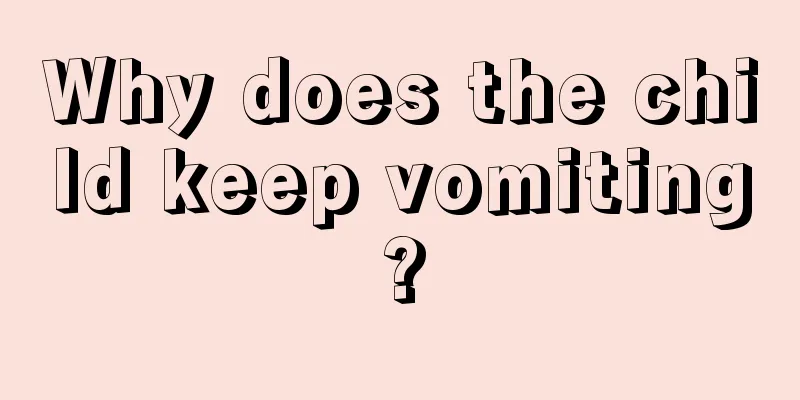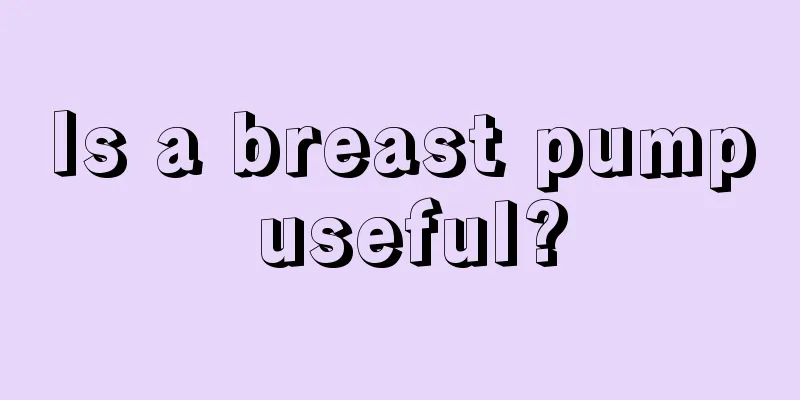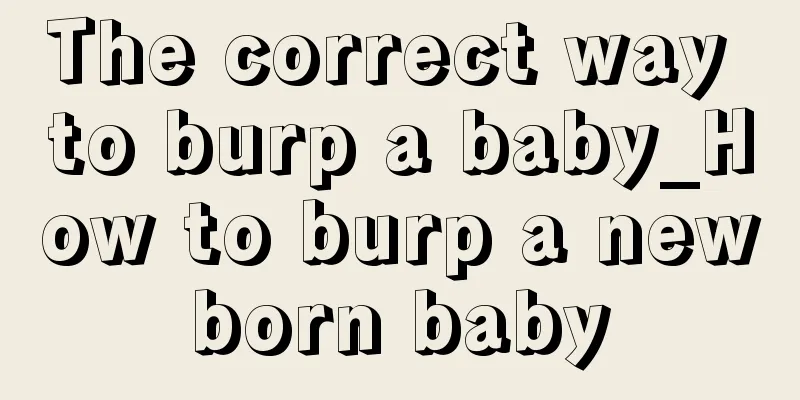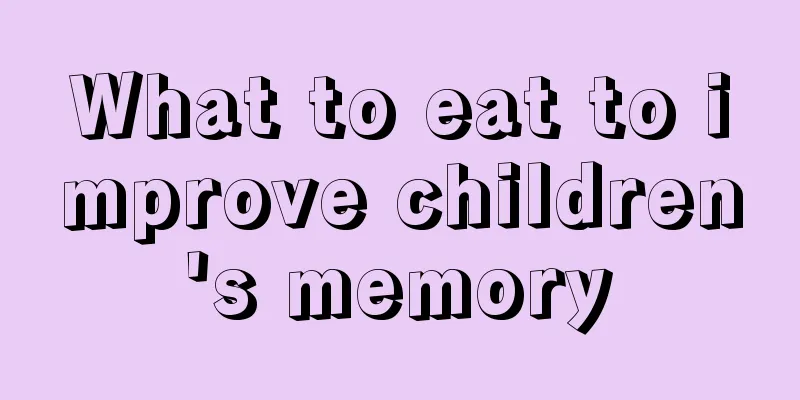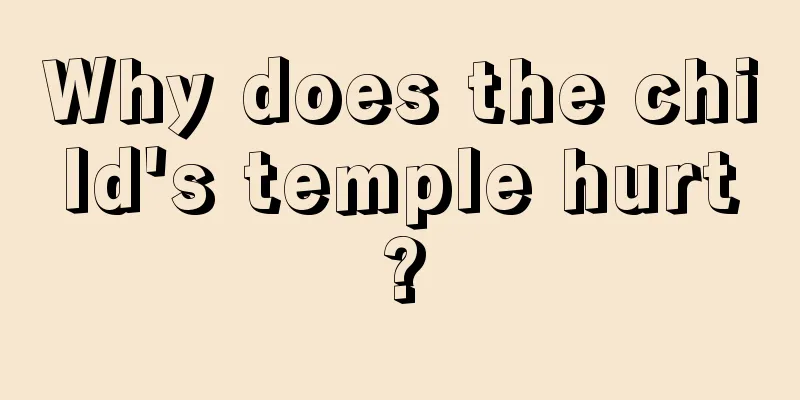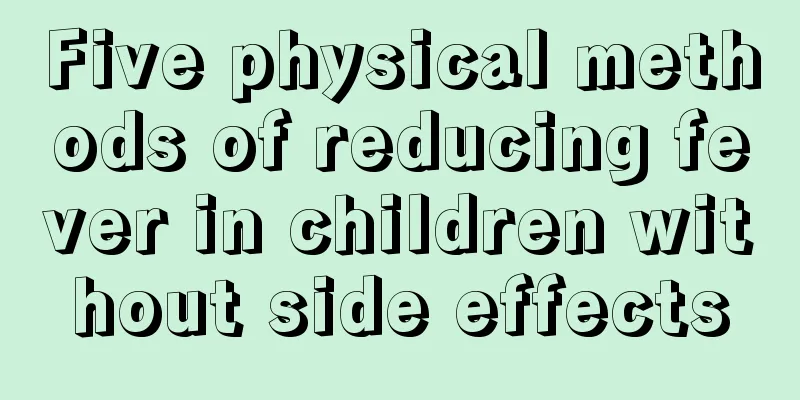How to treat acute nephritis in children
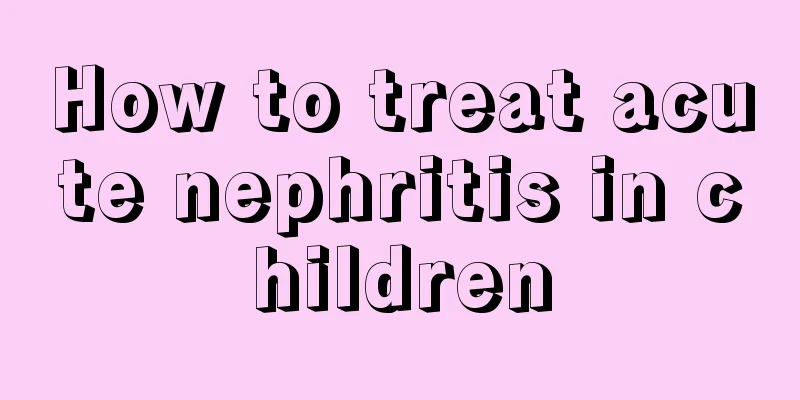
|
At present, many children suffer from diseases such as acute nephritis. This type of disease cannot be ignored. If there is a child in the family suffering from acute nephritis and medical treatment is not sought in time or the treatment is not good, it may be detrimental to the child's healthy growth and even cause harm to the child's body. All parents of children suffering from this type of disease must pay attention and never ignore this type of disease. So how to treat acute nephritis in children? Let’s find out. Acute nephritis in children, also known as acute hemorrhagic glomerulonephritis, is an allergic disease caused by infection with beta-hemolytic streptococci, and may occasionally occur after staphylococcal or viral infection. symptom: 1. A history of infection such as pharyngitis, skin pustulosis, tonsillitis or scarlet fever within 1 to 3 weeks before the onset of the disease. 2. Edema, which is most obvious on the face and eyelids and gradually spreads downward to the whole body. 3. Increased or normal blood pressure. 4. Oliguria and hematuria (like meat washing water or dark brown). 5. Symptoms may include fever, headache, dizziness, back pain, and general weakness. How to treat acute nephritis in children: 1. General treatment (1) Rest: During the acute phase, bed rest should be continued for at least two weeks. If there is high blood pressure, oliguria, or heart failure, the rest period should be extended to 4 to 6 weeks. Once the clinical symptoms disappear and urine routine examination is close to normal, you can gradually get out of bed and move around. Generally, patients will stay in bed for half a month to one month, and gradually increase their activities in the second month. If the urine routine test returns to normal, they can resume activities and go to school in the third month. (2) Diet: Avoid salt during periods of oliguria and edema. Once blood pressure returns to normal and edema subsides, switch to a low-salt diet or normal food. If edema is severe, blood pressure is significantly increased, urine volume is significantly reduced, or heart disease is involved, in addition to avoiding salt, the patient should limit protein and fluid intake according to the condition, and the diet should be mainly carbohydrates and fats. (3) Provide sufficient amounts of vitamin C and vitamin B complex. (4) For patients with fever, pharyngitis, tonsillitis, etc., penicillin, ampicillin, or Qingjiang Pills should be used to control the infection. Parents don't need to be too afraid when their children suffer from diseases such as nephritis. Early detection and timely medical treatment are the best ways. How to treat acute nephritis in children? Paying attention to rest is the key to alleviating nephritis. Secondly, you must develop a reasonable eating habit and pay attention to avoiding bacterial infections in daily life. |
<<: Reasons for baby diarrhea after feeding
>>: What to do if your child's tongue coating turns yellow
Recommend
What should I do if my child’s face becomes red and swollen after being bitten by a mosquito?
In summer, people are often bitten by mosquitoes....
Massage techniques for children with indigestion
Many parents are afraid that their babies are not...
How to correct children's stuttering?
Children tend to imitate by nature. When they see...
What are the symptoms of baby convulsions?
A healthy baby has no abnormal symptoms, but afte...
How is ADHD diagnosed in children?
The birth of a new life is a joyful thing, but hi...
Why does the baby keep rubbing his eyes?
Babies are a special group in society. When exter...
How to cool down your child physically
Fever is a common clinical problem. It is not jus...
Can babies smell the scent of floral water?
Floral water is a must-have item for us in summer...
What are the methods for children to fill cavities?
The biggest problem for children is their teeth, ...
What to do if the baby cries at night
The birth of a baby brings infinite joy to the wh...
Can hand, foot and mouth disease grow on the head?
We all know that hand, foot and mouth disease is ...
What medicine should children take for enuresis? Recommended by authoritative experts
If a child suffers from enuresis, parents should ...
What to do if a 6-year-old child has a fever
For children aged 6, colds and fevers are quite c...
What is the reason for baby’s red and swollen eyelids?
The eyes are a very sensitive area. If you find t...
How to treat ringworm on a child's face?
It is not difficult to find that many children ar...

